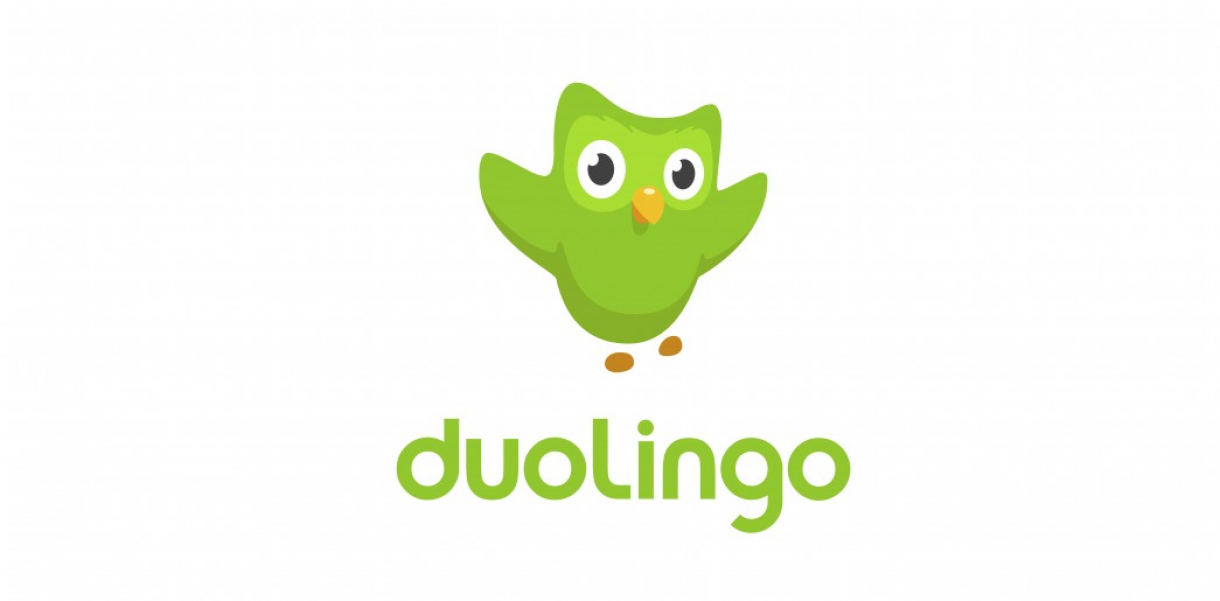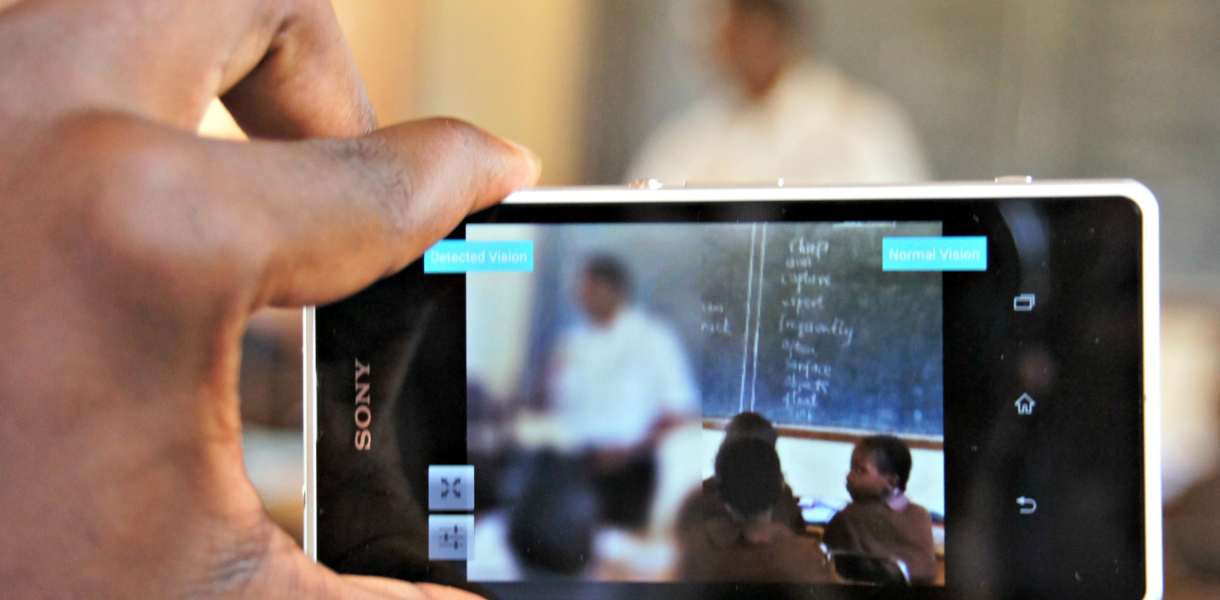With 150 million registered users, Duolingo is completely changing the way we learn languages, offering a free top-quality language education to anyone with Internet access. Named iPhone App of the Year, TechCrunch's's Best Education Startup, and Google's Best of the Best two years running, Duolingo is the world's most popular language platform. In addition, the online programme not only engages those eager to broaden their communications skills, but also acts a crowdsourced text translation platform - slowly translating the entire web.
Available on any device with Internet access, users can create a profile, choose a language and begin. The strategic game-like modules cover almost every element in language education; teaching users to both write and speak accurately. Broken up into lessons, players cover everything from food and everyday phrases to correct pronunciation and even politics. Each time a section is completed, gamers receive rewards in the form of a virtual currency called ''Lingots'' and bonus rounds. Players must also practice each module on a regular basis to keep the progress bars full, ensuring the knowledge stays refreshed and users stay on top of their language learning goals. On average, active users spend about 30 minutes a day on Duolingo, but the App is also designed as a two or three minute ''time-killer'', for people to use in their spare moments throughout the day.
Duolingo was launched in 2012 and has quickly developed into one of the most effective language learning and translation tools. According to independent research, around 34 hours spent on the programme is equivalent to an 11-week university semester. The success lies in the rigorous and systematic testing technique, according to creator Luis von Ahn. "If we want to know whether we should teach plurals before adjectives, for the next 50,000 users, we'll teach half of them plurals before adjectives, half the other way around and then we measure which of these groups learns better," he explained to The Guardian. "We are slowly figuring out the best way to teach a language, and we're doing it scientifically."
While the game is generally designed to benefit the individual, it also extracts value from power in numbers by allowing gamers to use their knowledge for another great cause – translating the entire Internet. Through harnessing the time people happily spend on one project, the App is unlocking an array of web-based information that was previously inaccessible. For example, an untranslated sentence from the French Wikipedia is presented to a player on Duolingo, who then translates it in a matter of seconds. That data is then saved and can now be shared to anyone, anywhere.
Facts about the Global Challenge
- According to several studies, career-wise, bilingualism is a powerful asset. People who use more than one language at work can earn up to eight per cent more.
- Many scientists have found that learning a foreign language has educational benefits, and can improve your critical thinking skills, creativity and mental flexibility. Various studies of monolingual and bilingual speakers found that speaking two languages can also help slow down the brain's decline with age, reports the BBC.
- Due to the influx of migrants and refugees, Europe has become largely multilingual. In London alone, some 300 languages are spoken. Therefore, democratising language education has never been more essential than it is today.
INDEX: AWARD 2015 WINNER - DUOLINGO (HD) from The Index Project on Vimeo.




